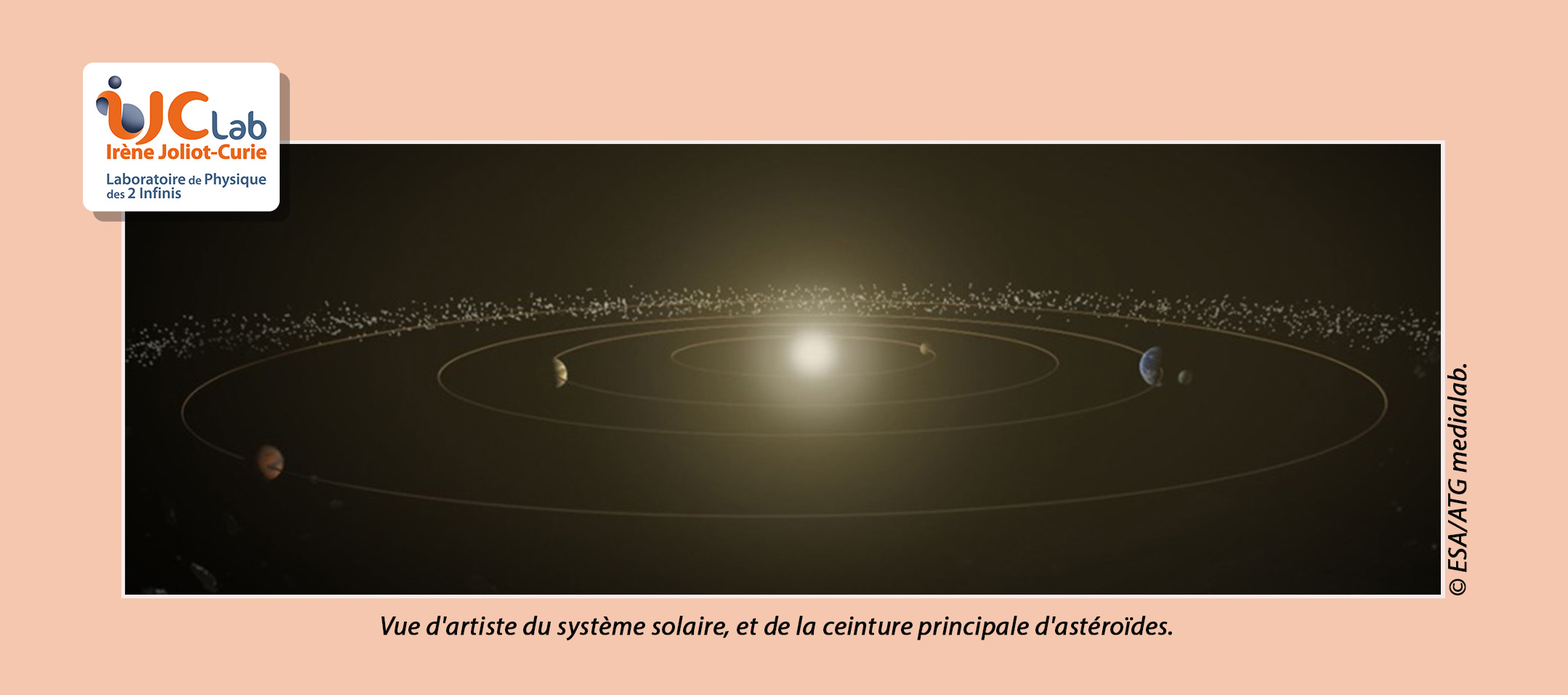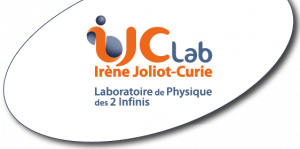
I am in orbit around the Sun, about 2 astronomical units away, with a period of revolution of about 3 years, an eccentricity of 0.2 and an angle of inclination of 6.82°. I am ? The Julien Peloton Asteroid! The International Astronomical Union recently named asteroid 33803 after an engineer from IJCLab in the Engineering Pole, Computer Science Department for his work in the Fink project.
Fink, started in 2019 between IJCLab and the Clermont Physics Laboratory, tirelessly explores variable and transient events in the sky. Thanks to computer research carried out for several years at IJCLab, the project has established itself as an essential platform for the study of the transient sky. Its main mission is the scientific exploitation of the gigantic flow of alerts that the Rubin Observatory will produce from the end of 2024. Based on the VirtualData cloud, Fink has been analyzing data from the Zwicky Transient Facility astronomical survey since 2020 with a systemic approach, combining computing, astronomy and cosmology, and bringing together several scientific communities. Every night, hundreds of thousands of alerts from multiple astrophysical phenomena are scrutinized by processing algorithms based on artificial intelligence. For example, the project teams participated in the co-discovery of more than 900 type “Ia” supernovae, a rare binary star system, and even a new exoplanet!
Recently, a Fink team led by doctoral student Roman Le Montagner developed a system for automatically detecting new asteroids. Through CNRS MITI funding, the IJCLab team has set up a partnership with the Euclid space mission for the in-depth study of solar system objects. From the end of 2023, Euclid data on new asteroid candidates will pass through Fink where they will be processed in real time with data from the Zwicky Transient Facility, then with those from the Rubin Observatory.























